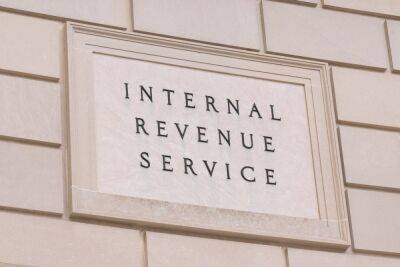IRS introduces broader ‘Digital Assets’ category ahead of 2022 tax year
American taxpayers will find a broader, more defined category encompassing cryptocurrencies and nonfungible tokens (NFTs) in their 2022 IRS tax forms. The draft bill released by the Internal Revenue Service features a well-defined Digital Assets section that outlines if and how taxpayers will account for the use of cryptocurrencies, stablecoins and NFTs.
Page 16 of the draft defines Digital Assets as any digital representations of the value recorded on a ‘cryptographically secured distributed ledger or any similar technology.’ 2021's tax form required taxpayers to indicate whether they had received, sold or exchanged in 'virtual currency' - with this term changing in the yet-to-issued 1040 tax form for 2022.
Taxpayers are required to answer the Digital Assets section of their income tax return whether or not they have engaged in digital asset transactions during the tax year.
A number of situations will require American taxpayers to indicate yes to the question on Digital Assets of Form 1040 or 1040-SR. This includes receiving as a reward, award or payment for property or services or sold, exchanged, gifted or ‘disposed of a digital asset in 2022.
Related: IRS to summon users who don’t report and pay tax on crypto transactions
This would include instances where an individual received digital assets as payment for property or services provided or as a result of a reward or award. Receiving new digital assets through mining or staking also falls under this category, as does transacting digital assets in exchange for goods or services as well as exchanging or trading digital assets.
Holding cryptocurrencies, stablecoins or NFTs or staking tokens is also clearly addressed in the draft tax form:
The Digital Assets explainer also
Read more on cointelegraph.com




















